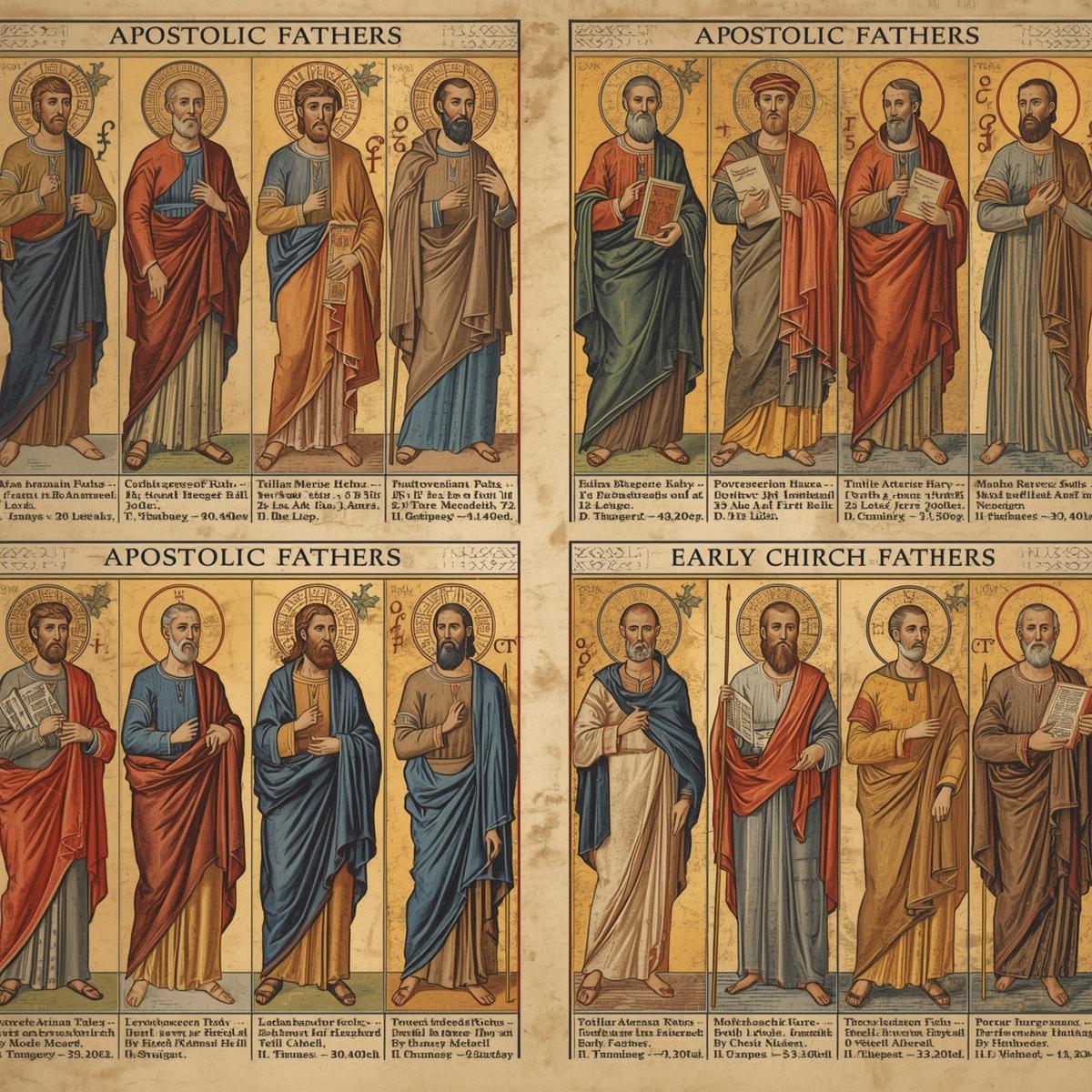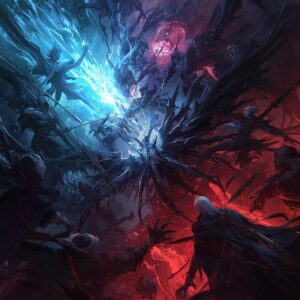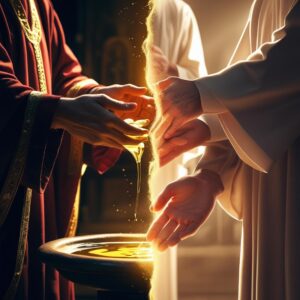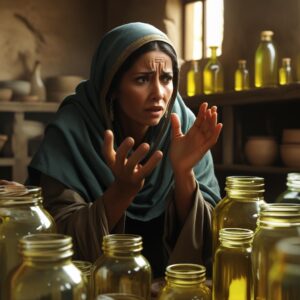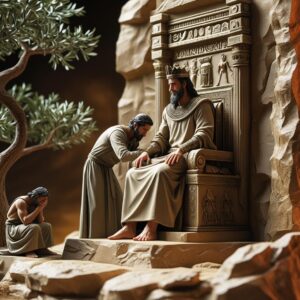Understanding Our Spiritual Ancestors
Imagine the Christian faith as a mighty tree. The roots are Jesus Christ and the Apostles who personally knew Him. The Apostolic Fathers are the strong trunk that grew directly from those roots. The Early Church Fathers are the main branches that spread out from that trunk, making the tree bigger and stronger.
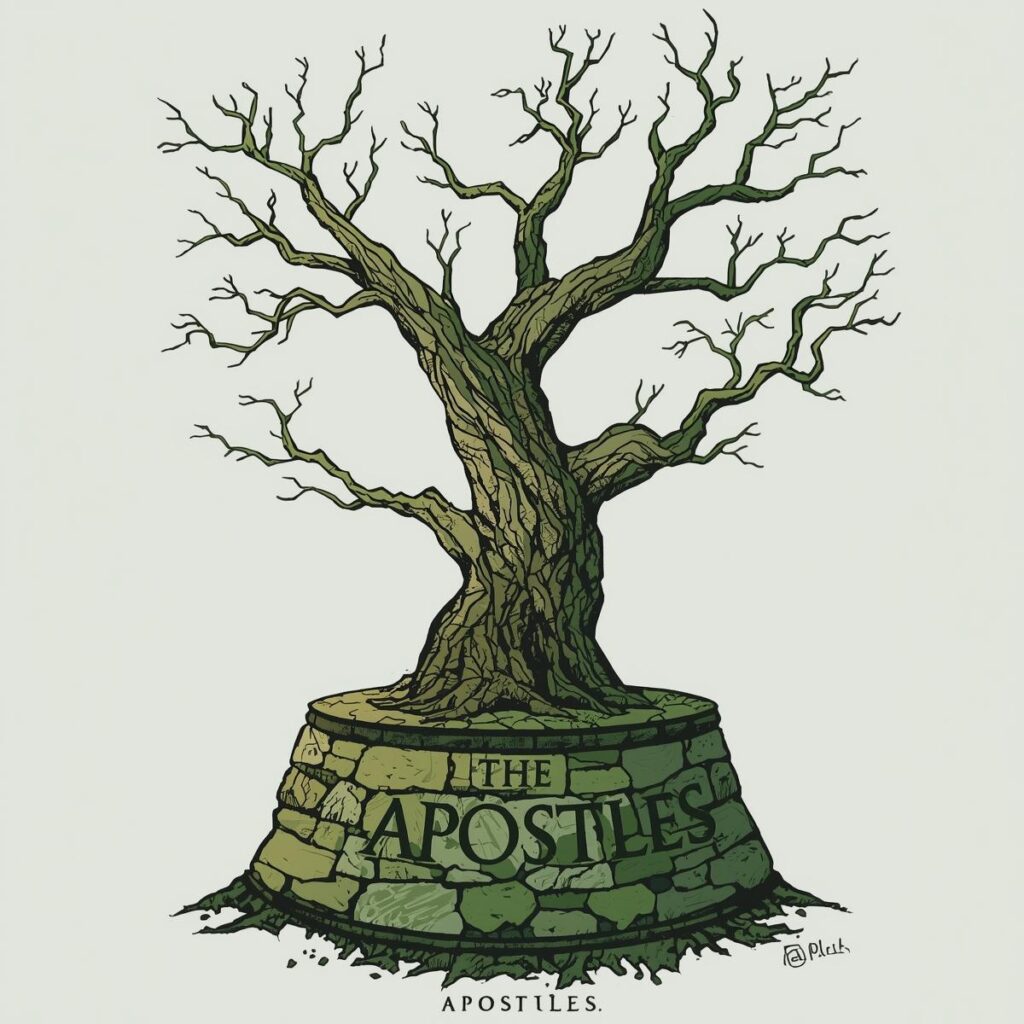
Studying these early leaders isn’t about worshipping them. It’s like looking at a family photo album. They show us how the very first Christians, who were much closer to the time of Jesus, understood the faith, worshipped God, and remained faithful even when it was incredibly difficult. They help us connect to the original teachings of the Apostles.
The Apostolic Fathers (The “Close Friends of the Apostles”)
Who Were They?
The Apostolic Fathers were the first Christian leaders who came immediately after the original twelve Apostles. Some of them might have even been taught directly by an Apostle, like Peter or Paul. Their writings are the very earliest Christian documents outside the New Testament itself. They are the bridge between the Apostles and the rest of church history. The first bishops and leaders who learned directly from the Apostles. They led the earliest churches and were focused on unity and preserving the Apostles’ teaching. The Apostolic Fathers were Early Church Leaders and Their Teachings.
What Did They Teach?
Their main goal was to protect the true teachings of Jesus from being changed or lost. They emphasized:
- Staying United: They constantly pleaded for Christians to stay united and not fight among themselves.
- Living a Holy Life: They taught that believing in Jesus must change how you live. Your faith should show in your good actions, love for others, and moral life.
- The Importance of Church Leaders: They taught Christians to respect and follow their bishops (overseers) and elders, as they were the successors to the Apostles.
3 Key Apostolic Fathers:
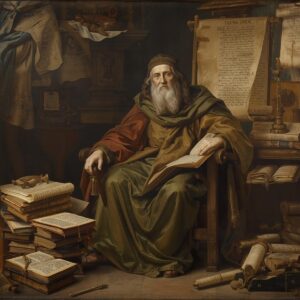
1. Clement of Rome
Role: Bishop of Rome (essentially an early Pope).
Ministry Location: Rome, Italy.
His Calling: He acted as a father figure to other churches, writing a letter to correct the church in Corinth. This set a precedent for Rome’s leadership role.
What he taught: Wrote a letter to a church that was rebelling against its leaders. He urged them to restore peace and order, showing great respect for the church structure.
How he died: Tradition says he was martyred by being tied to an anchor and thrown into the sea.
2. Ignatius of Antioch
Role: Bishop of Antioch.
Ministry Location: Antioch (modern-day Turkey).
His Calling: As the third Bishop of Antioch (after Peter and Evodius), he led a major apostolic church. His martyrdom journey became his final ministry, writing powerful letters that defined the bishop’s role.
What he taught: As he was being taken to Rome to be executed, he wrote powerful letters. He is famous for his passionate desire for martyrdom, saying, “I am God’s wheat, and I am ground by the teeth of wild beasts to be found pure bread of Christ.” He also strongly emphasized the importance of listening to the bishop.
How he died: Fed to wild beasts in the Roman Colosseum.
3. Polycarp of Smyrna
Role: Bishop of Smyrna.
Ministry Location: Smyrna (modern-day Izmir, Turkey).
His Calling: A direct disciple of the Apostle John, he was a vital living link to the apostles. He was a shepherd who defended the faith against early heresies and famously faced martyrdom with courage.
What he taught: He was a direct disciple of the Apostle John. He is a heroic example of faithful courage. When asked to deny Christ to save his life, he famously replied, “Eighty-six years I have served Christ, and He never did me any wrong. How can I blaspheme my King who saved me?”
How he died: Burned at the stake and then stabbed when the fire did not harm him.
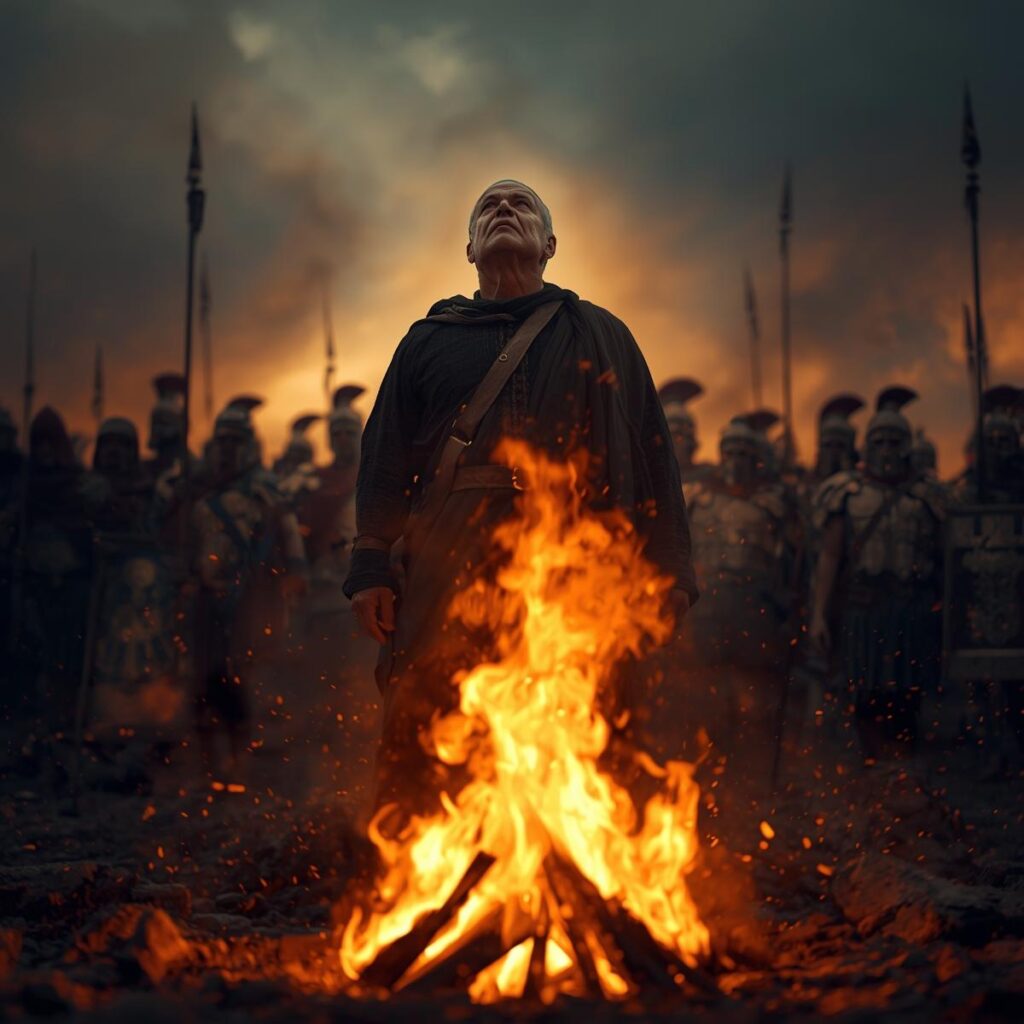
The Early Church Fathers (The “Next Generation Defenders”)
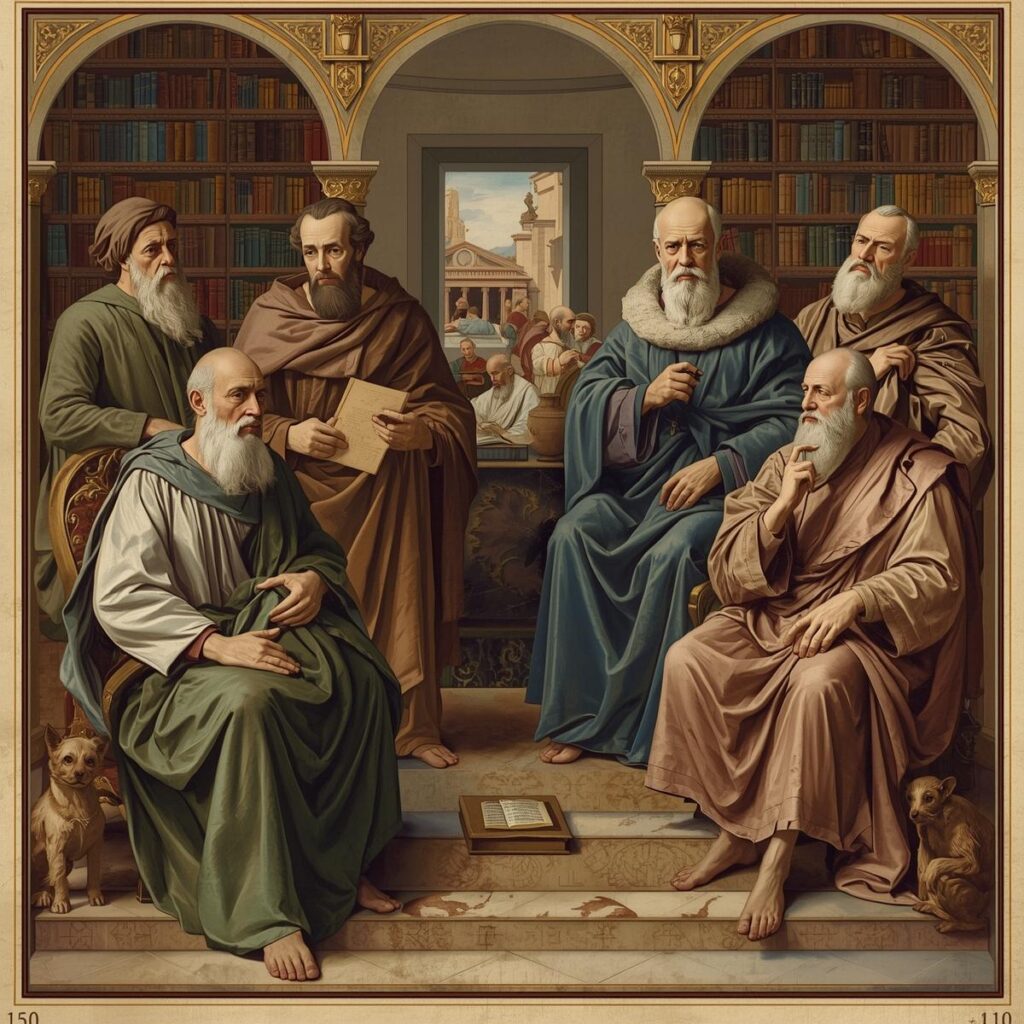
Who Were They?
The Early Church Fathers were the leaders and thinkers who came after the Apostolic Fathers, from about the 2nd to the 5th centuries. During this time, the church faced new challenges: complex false teachings (heresies) and terrible Roman persecutions. These men are famous for defending the faith, explaining it clearly, and helping to form the core doctrines we still believe today. The bishops and theologians who defended the faith against false teachings and persecution. They explained Christian doctrine and shepherded the church through its first major challenges. Early Church Fathers were Defenders of the Faith
What Did They Teach?
They focused on defining and defending the truth against serious errors:
- Defending the Trinity: They worked hard to explain how God is One, yet exists as Father, Son, and Holy Spirit.
- Defending Jesus: They fought against teachings that said Jesus wasn’t truly God or wasn’t truly human. They helped the church agree that Jesus is fully God and fully man.
- Explaining the Bible: They were the first great preachers and commentators, explaining the deep meaning of Scripture for everyday people.
5 Key Early Church Fathers:
- Justin Martyr (c. 100–165 AD)
- Role: Christian Apologist (defender) and Teacher.
- Ministry Location: Rome, Italy (after traveling).
- His Calling: He wasn’t a bishop but a professional philosopher who started a school in Rome to debate and defend Christianity intellectually to the wider world.
- What he taught: He was a philosopher who used logic and Greek philosophy to explain and defend Christianity to the Roman emperors. He argued that Christianity was the one true philosophy.
- How he died: He was beheaded with six other believers for refusing to sacrifice to the Roman gods.
- Irenaeus of Lyons (c. 130–202 AD)
- Role: Bishop of Lyons.
- Ministry Location: Lugdunum (modern-day Lyon, France).
- His Calling: As a bishop in Gaul (modern France), he was a missionary shepherd. His most important work was fighting the heresy of Gnosticism, arguing for the faith that was passed down publicly from the apostles through bishops like himself.
- What he taught: He was a student of Polycarp. His main work was fighting against Gnosticism, a secretive heresy that denied that the physical world was good. He emphasized that the true faith was found in the public teaching of the churches started by the Apostles.
- How he died: Many believe he was martyred, likely during a persecution, but the exact details are not certain.
- Tertullian (c. 155–240 AD)
- Role: Priest and Theologian.
- Ministry Location: Carthage (modern-day Tunisia).
- His Calling: He was the first major writer to use Latin, creating the theological language of the Western church. He vigorously defended Christianity against pagan accusations and explained the Trinity. Later in life, he joined the strict Montanist sect.
- What he taught: A fiery and brilliant writer from North Africa. He created much of the Latin vocabulary used to describe the Trinity (words like “Trinity” and “Person”). He famously said, “The blood of the martyrs is the seed of the church.”
- How he died: He died of old age, though he later joined a strict sect that separated from the main church.
- Athanasius (c. 296–373 AD)
- Role: Bishop of Alexandria.
- Ministry Location: Alexandria, Egypt.
- His Calling: As the Bishop of Alexandria, one of the most important sees, he was the primary defender of the doctrine that Jesus is truly God. He was exiled five times for his steadfast faith, ensuring the truth of the Nicene Creed would survive.
- What he taught: He is the great defender of the doctrine that Jesus is fully God. He stood against a powerful group (the Arians) who said Jesus was a created being. He often stood alone for the truth, giving us the phrase “Athanasius against the world.”
- How he died: He died of natural causes after multiple exiles and returns.
- Augustine of Hippo (354–430 AD)
- Role: Bishop of Hippo.
- Ministry Location: Hippo Regius (modern-day Annaba, Algeria).
- His Calling: As the bishop of a small North African city, he became one of the most influential thinkers in Christian history. He pastored his people, preached tirelessly, and wrote books that shaped Christian thought on the church, grace, and salvation for centuries.
- What he taught: One of the most influential theologians ever. He wrote extensively on sin, grace, and salvation. His book Confessions is a beautiful and honest autobiography about his restless heart finding its rest in God.
- How he died: Died of an illness while his city was under siege by a tribe.
Why This Matters for Us Today
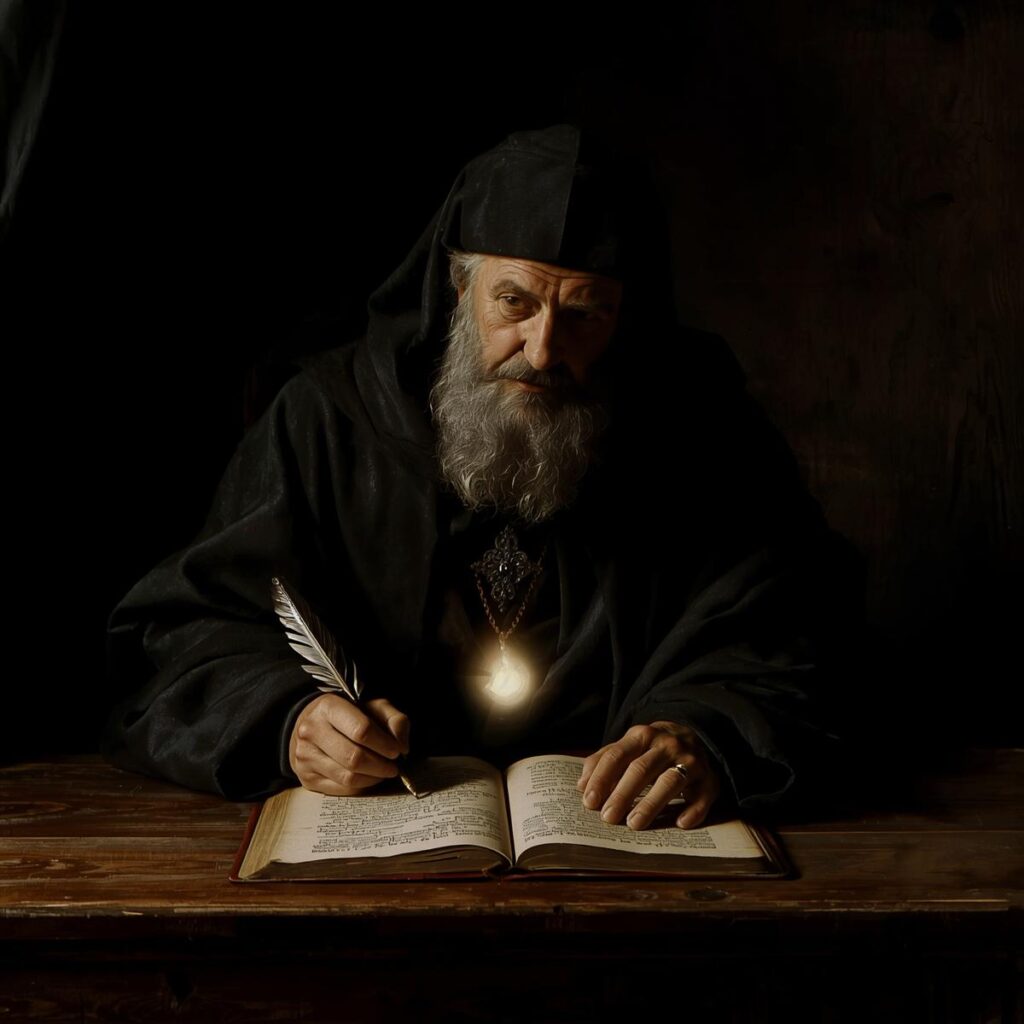
These men were not perfect. They sometimes disagreed. But they loved Jesus deeply and were used by God to protect and pass down the faith we have today. They remind us that our faith is historical, tested by fire, and built on the solid foundation of Jesus Christ, the same yesterday, today, and forever.
\

